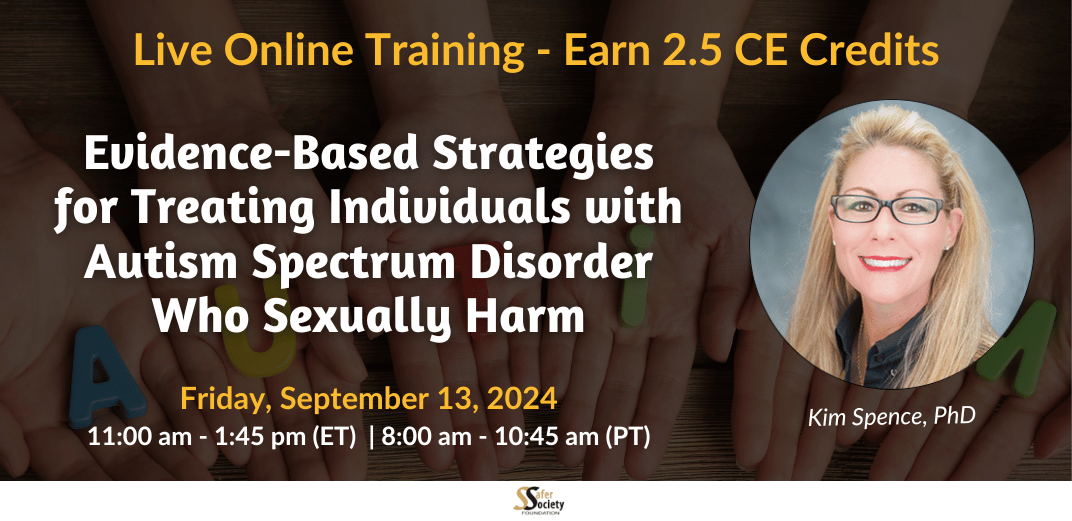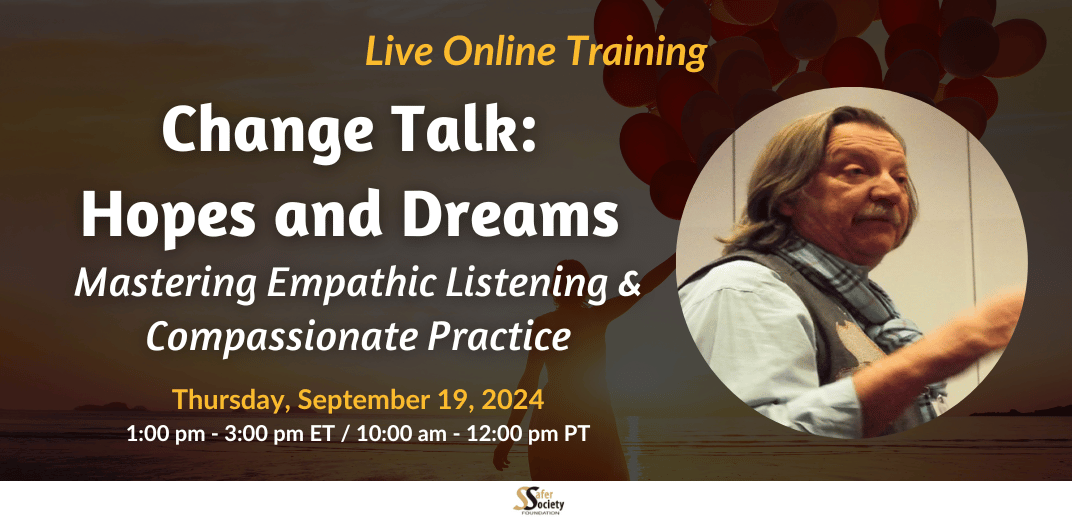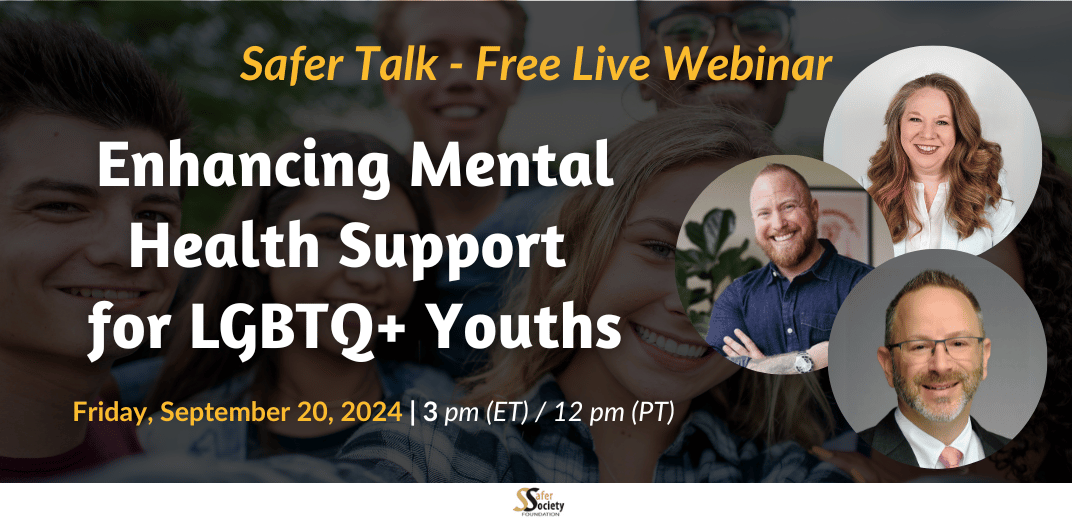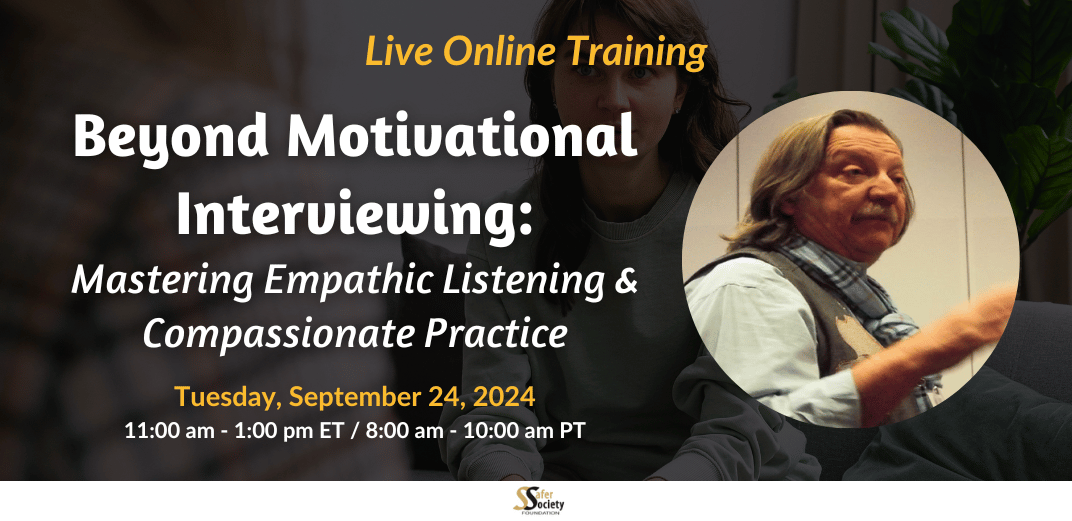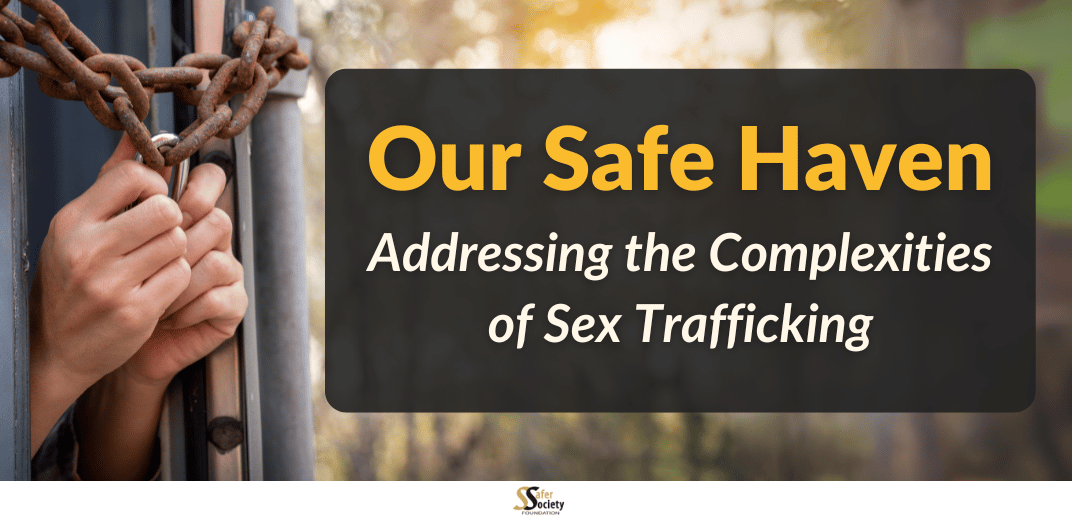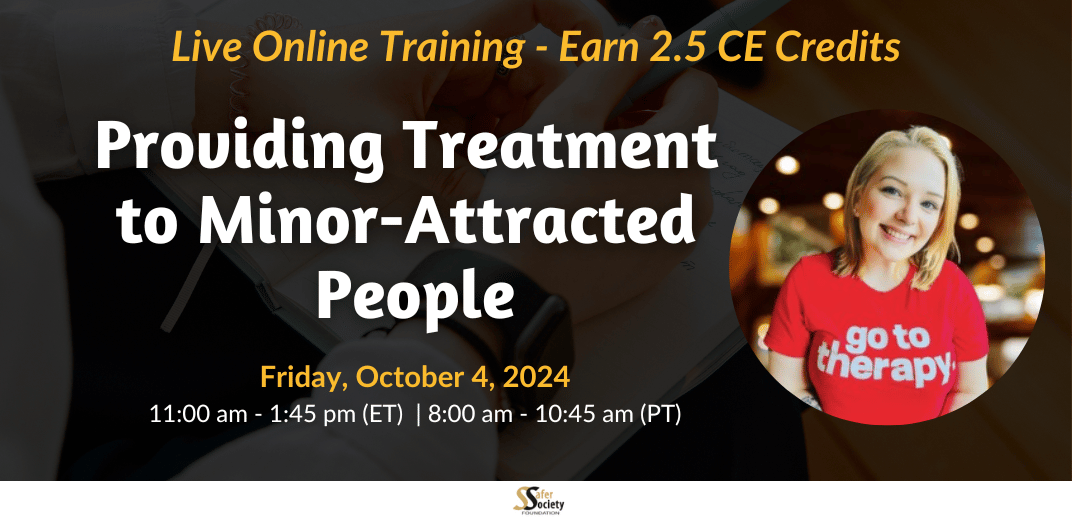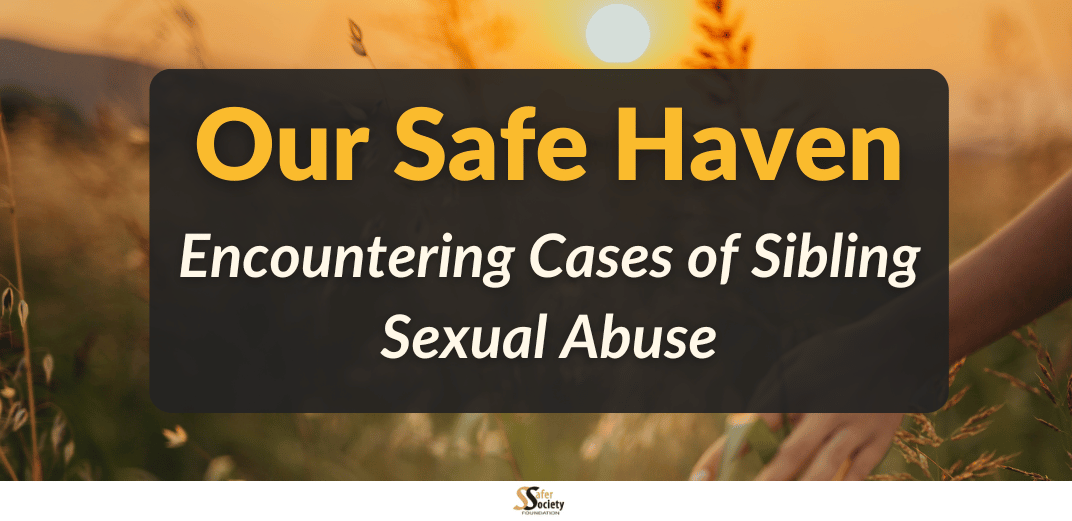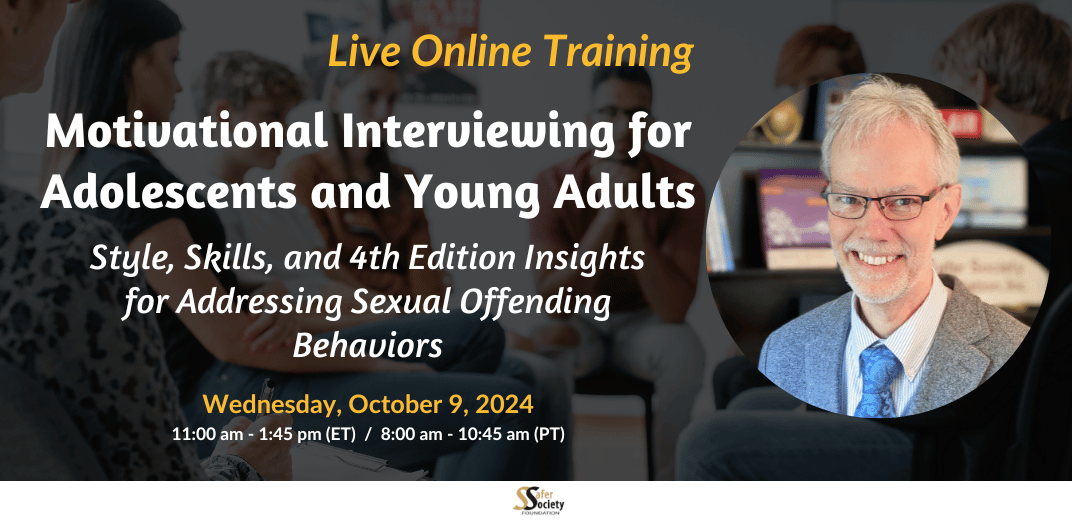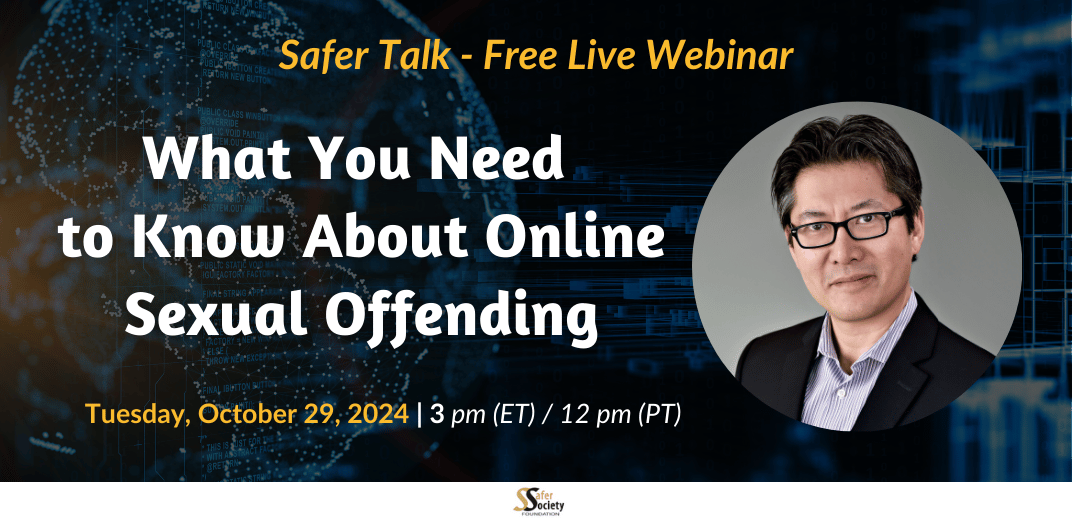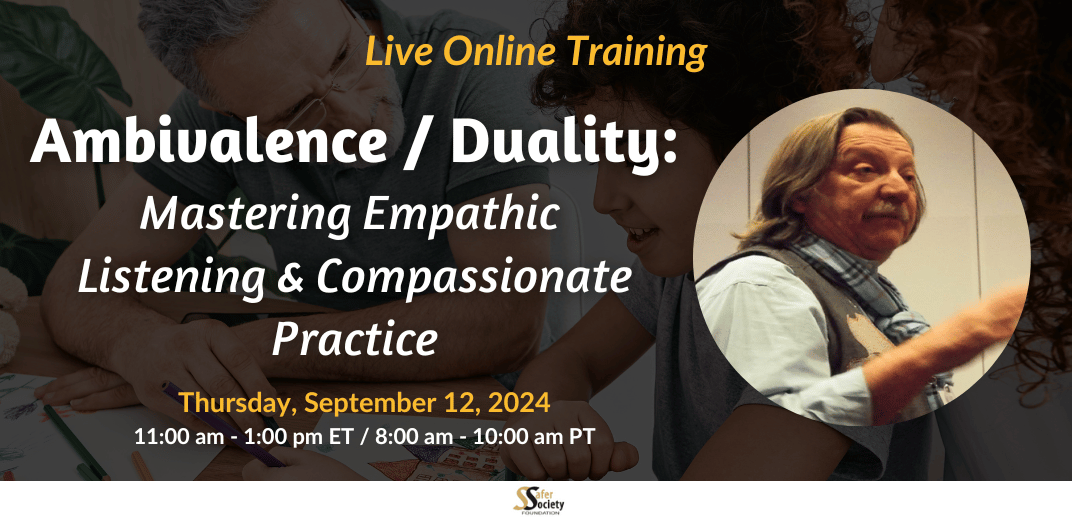
Ambivalence / Duality: Mastering Empathic Listening & Compassionate Practice
This is the second module in this mini course, which takes a deep dive into the heart of compassionate communication. We have all felt two ways about making difficult changes in our lives. This module examines the components of intrinsic motivation, which plays a key role in our ability and willingness to enact meaningful change.

